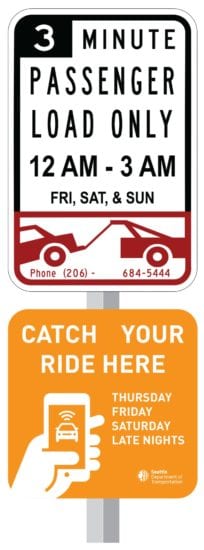By Ryan Packer
Capitol Hill’s on-street parking rates are going to stay pretty affordable, at least for the foreseeable future.
Last week, the latest adjustment to citywide metered parking rates took effect, as the Seattle Department of Transportation says it is trying to match demand as vaccination rates increase and businesses welcome more customers. But unlike other cities that have reinstated their old, pre-COVID parking meter rates, Seattle is keeping a base rate of 50 cents per hour and adjusting that based on demand. As a result, parking a car in Pike/Pine will actually be cheaper than it was when SDOT adjusted rates back in February.
Will you be paying early 2020 rates to park a car in any on-street spaces on the Hill anytime soon? Not likely. Pre-pandemic rates hit as high as $4.50 per hour during evening hours in the heart of Capitol Hill. Meanwhile, rates in First Hill are inching just a bit closer to their former peak rate of $5 per hour, with $2 per hour morning rate and $1.50 at mid-day.
Here are the new hourly rates as of June 1st: Continue reading












